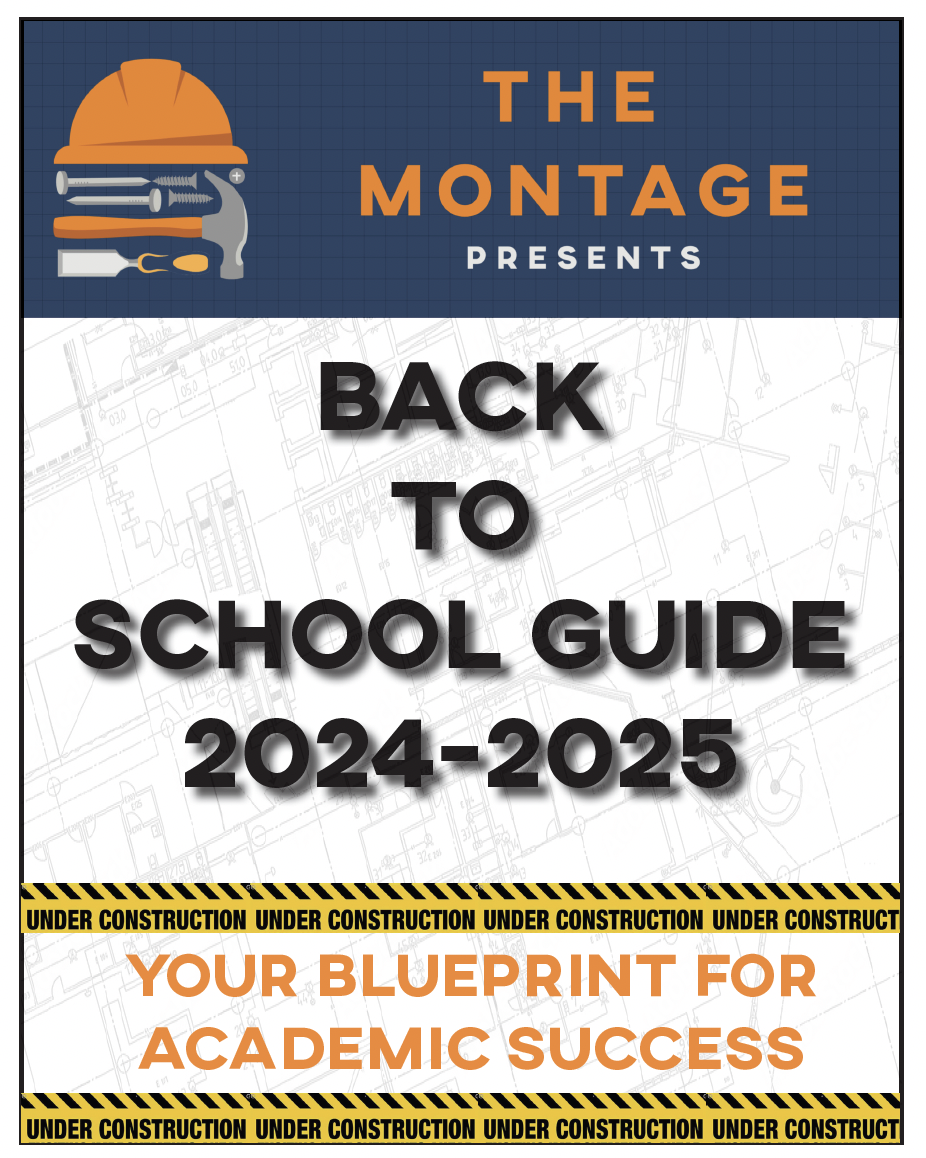Access Office provides academic assistance. By: Shane Rice
By: Shane Rice
-Asst. News Editor-
STLCC-Meramec third-year student Matt Hasheider was diagnosed with a behavior disorder, learning disorder, and Attention Deficit and Hyperactivity Disorder (ADHD). During Hasheider’s third year of college, he was placed on academic probation because of his grades.
“I thought I could do it on my own,” said Hasheider. He said because of the support and services of the Access Office, he was able to bring his grades up.
One in 5 Americans are affected by some form of disability according to a report by the U.S. Department of Commerce. With help from the rehabilitation act of 1973, colleges have been able to provide reasonable accommodations that promote the development of disability support like the Access Office at STLCC-Meramec located in Clark Hall Room 120.
Linda D. Nissenbaum, manager of the Access Office, said, “The Access Office is where students with disabilities can come to receive accommodations that will provide equal access to the college’s activities, programs and services.” The Access Office also works with faculty/staff to help them better understand how to educate students with disabilities.
There are several forms of disability the Access Office provides assistance with, such as learning disorders, ADHD, and or physical disabilities like blindness and/or deafness/hard of hearing, just to name a few.
Second-year Meramec student Kristen Huyett said, “I don’t think my experience at Meramec would be as successful as it has been without the services and support of the Access Office.” Huyett was diagnosed with a learning disorder and said that sometimes teachers don’t understand how a disability can affect learning or the ranges of disabilities.
“The Access Office advocates for students and tries to better educate those that may have limited knowledge when it comes to disabilities,” said Huyett.
According to Nissenbaum, there are steps that students must take in order to receive accommodation. The first step students seeking help must take is going to the Access Office and applying for services. A student must also meet with one of the professional staff members for an intake.
“The intake is so we can get an understanding of what kind of disability a student may have and what accommodations or help they may need for their disability,” said Nissenbaum.
The Access Office also requires a student to provide documentation of their disability. However, if a student does not have documentation, then the Access Office can refer them to someone off campus to receive documentation.
“We cannot provide documentation on campus or diagnose a disability, but if the disability is quite obvious we can start working on accommodations,” said Nissenbaum.
The goal of the Access Office is to help students be as independent as possible. Huyett said, “The counselors really listen and understand what students with disabilities go through.”
Hasheider said it wasn’t until he started looking into transferring to another school that he got serious and got the help he needed. “I regret not seeking help sooner,” said Hasheider.
According to Hasheider, the Access Office cares about students and their future.
Hasheider said, “The best thing in my opinion about the Access Office is knowing they’re there for you. They help keep you focused, and they really care about your future.”









